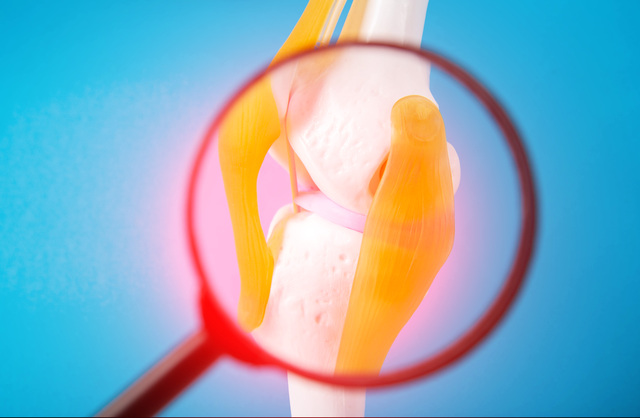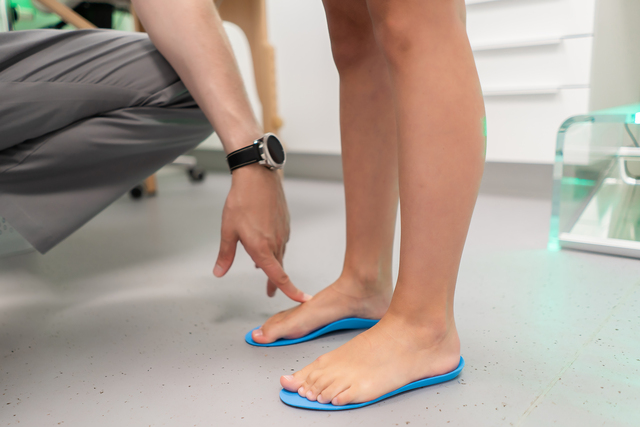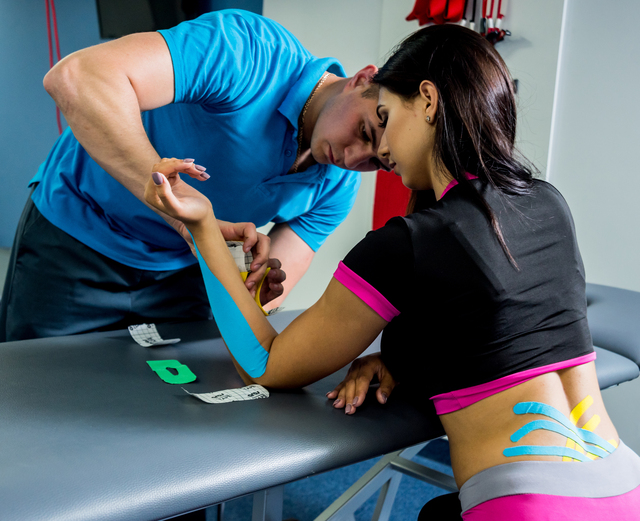Rheumatic heart disease (RHD) is a serious condition that affects the heart valves, primarily as a result of untreated or inadequately treated streptococcal infections, such as strep throat. It can lead to long-term heart damage if not addressed in its early stages. Recognizing the symptoms of RHD is crucial to ensure prompt diagnosis and intervention. In this comprehensive guide, we will explore the various rheumatic heart disease symptoms, how to recognize them, and the steps to take for effective management and treatment with health packages.

Understanding Rheumatic Heart Disease
Before diving into the symptoms, let's take a moment to understand what rheumatic heart disease is. RHD is a heart condition that develops as a complication of rheumatic fever. It often affects the heart valves, including the mitral valve, aortic valve, and others. Rheumatic fever typically occurs as a result of an untreated streptococcal infection, which is why early diagnosis and treatment of strep throat are critical.
Common Symptoms of Rheumatic Heart Disease
RHD can manifest through various symptoms, which may vary in severity. Here are some of the most common signs to watch out for:
-
Chest Pain: One of the primary symptoms of RHD is chest pain. This pain may feel like a squeezing or pressure in the chest, and it can be constant or intermittent.
-
Shortness of Breath: Individuals with RHD may experience breathlessness, especially during physical activity or when lying flat. This can be a sign of heart valve damage.
-
Heart Murmurs: Heart murmurs are abnormal sounds heard during a heartbeat. They can indicate problems with the heart valves, often associated with RHD.
-
Fatigue: Persistent fatigue, even after mild physical exertion, can be one of the vital rheumatic heart disease symptoms. It is a result of the heart working harder to pump blood due to valve damage.
-
Swelling: Swelling in the ankles, legs, and abdomen can occur when the heart struggles to circulate blood efficiently.
-
Fainting: Fainting spells or unexplained episodes of dizziness should not be ignored, as they can be linked to RHD.
-
Joint Pain: RHD is often accompanied by joint pain, as it is a condition that develops following untreated streptococcal infections.

Recognizing the Symptoms
Whether you are from Dubai, Switzerland, Germany, UK, Canada or USA, recognizing the symptoms of RHD is the first step toward diagnosis and effective management. The signs can be subtle, and in some cases, they may be mistaken for other conditions. Here's how you can better recognize the symptoms:
-
Pay Attention to Chest Discomfort: Chest pain or discomfort that worsens with physical activity or when you lie flat should not be ignored. It may be a sign of heart valve problems.
-
Track Shortness of Breath: If you notice persistent shortness of breath, particularly when you engage in activities you could previously do comfortably, it is a cause for concern.
-
Listen for Heart Murmurs: If you or your healthcare provider detects unusual heart sounds during a physical examination, further evaluation is necessary.
-
Take Swelling Seriously: Swelling in the extremities or abdomen can be indicative of heart trouble. Keep an eye on any unexplained swelling.
-
Monitor Fatigue Levels: If you find that you are unusually fatigued, even after minimal physical effort, it is time to consult a healthcare professional.
-
Seek Medical Advice for Joint Pain: Joint pain following a sore throat or strep infection should prompt a visit to your doctor, as it could be an early sign of RHD.
Steps to Take
Recognizing the rheumatic heart disease symptoms is the first crucial step, but what comes next is equally vital. Here are the steps to take when you suspect rheumatic heart disease:
-
Consult a Healthcare Professional: If you or a loved one experiences any of the mentioned symptoms, it's essential to consult a healthcare professional promptly.
-
Medical Evaluation: Your healthcare provider will conduct a thorough medical evaluation, which may include listening for heart murmurs, reviewing your medical history, and performing diagnostic tests like echocardiography.
-
Early Diagnosis: Early diagnosis is key to effectively managing RHD. If diagnosed, your healthcare provider will determine the severity of the condition and develop a tailored treatment plan.
-
Medication and Antibiotics: Treatment typically involves medications to manage symptoms and antibiotics to prevent further streptococcal infections.
-
Surgical Intervention: In more severe cases, surgical intervention may be required to repair or replace damaged heart valves.
-
Lifestyle Changes: Adopting a heart-healthy lifestyle, including a balanced diet, regular exercise, and stress management, can support the management of RHD.
After recognizing the disease, you can take help from healthcare packages, special rehabilitation centers in a feasible country. With skilled medical professionals and rich history of harnessing the abundant natural resources, you have the unique opportunity to undergo therapeutic treatments that are not readily accessible elsewhere. So, whether you are from Dubai, Switzerland, Germany, UK, Canada or USA, you can find help from an affordable natural wellness center.
Prevention Is the Best Approach
Preventing RHD is indeed the most effective strategy in the battle against this condition. While recognizing symptoms and obtaining early diagnosis and rheumatic diseases treatment are pivotal, avoiding RHD altogether should be the ultimate goal. To achieve this, a few fundamental steps can be taken.
-
Firstly, it is imperative to address streptococcal infections swiftly and thoroughly, particularly in cases like strep throat. Timely treatment with antibiotics not only helps to alleviate the immediate infection but also significantly reduces the risk of developing complications like RHD.
-
Secondly, individuals with a history of rheumatic fever or RHD should prioritize regular medical check-ups. These routine examinations enable healthcare professionals to closely monitor heart health and promptly address any concerns that may arise. Through proactive measures and a commitment to prevention, we can collectively work to reduce the incidence of RHD and promote heart health in our communities.
Why choose Healing Travel?
At Healing Travel, we attentively consider your requirements and have the capability to tailor an ideal health package to meet the wellness needs of both you and your family. The medical facilities we collaborate with are equipped to provide treatments for RHD.
When you choose Healing Travel, you opt for expertise, preventive measures, dedication to heart health, and a commitment to community well-being. Whether you are from Dubai, Switzerland, Germany, UK, Canada or USA, we are your partner in recognizing and addressing the symptoms of RHD. It ensures early diagnosis and effective management. Your heart health is our priority, and we are here to support you every step of the way.
Final thoughts
RHD is a serious condition that can lead to long-term heart damage if left untreated. Recognizing the symptoms, seeking early diagnosis, and following a comprehensive treatment plan are crucial steps in effectively managing this condition. By taking these steps, individuals can live healthier lives and reduce the risk of severe complications associated with RHD. Remember that your heart health is in your hands, and timely action can make a significant difference. For the best health packages in addressing rheumatic heart disease symptoms and their treatment, choose Healing Travel.






Anmerkungen
Ei Zn If Ztjh Gc
2025-01-15RXlRsaiiHWlUb
K Mz Lt Sr Rs Kj K Yv B
2025-01-07SeKQnJOxk
Kommentar hinzufügen